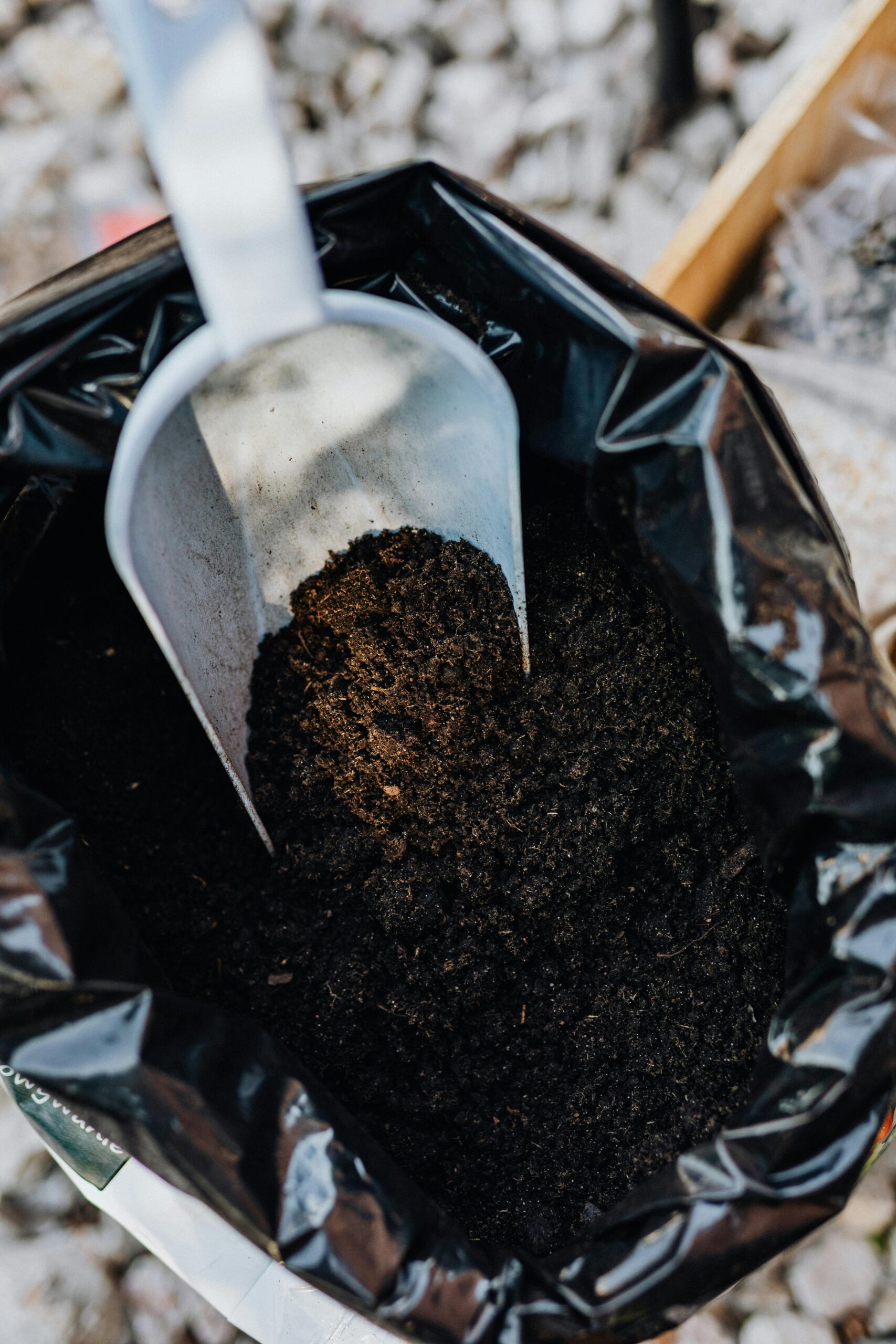
Sustainable Fertilization — Why Organic Is the Future
Published on: March 27, 2024
Location: Kurdistan Region, Iraq
Introduction
As environmental awareness grows, farmers are looking for ways to boost productivity without harming the planet. One major solution is organic fertilization — a sustainable alternative to synthetic chemicals.
The Problem with Chemical Fertilizers
While chemical fertilizers offer quick results, they also degrade soil over time, pollute waterways, and harm microbial life essential for healthy growth.

The Organic Advantage
Organic fertilizers, such as compost, manure, and bio-fertilizers:
- Enrich soil naturally by improving its structure and water retention
- Reduce dependency on foreign-imported chemicals
- Lower long-term costs by promoting soil health
- Are aligned with global sustainable farming goals
Kurdistan in Action
In cities like Sulaymaniyah and Ranya, small-scale organic fertilizer initiatives are being supported by local cooperatives and NGOs. Workshops are educating farmers on how to create compost from animal waste and leftover crops.
One standout initiative is the Kobanê Environmental Authority Project, which produces organic fertilizer using earthworms and kitchen waste — proving that eco-farming is scalable and affordable.
Conclusion
Organic fertilization is more than a trend — it’s the future of farming in Kurdistan. Healthier soils mean stronger crops, cleaner environments, and a more self-reliant farming culture.
